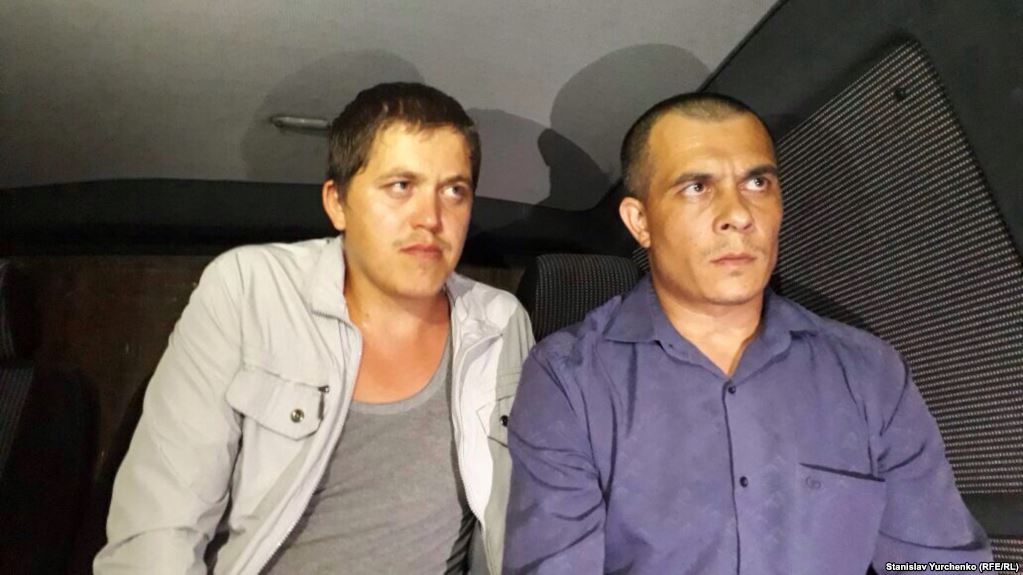On May 18, Crimean Tatars and their supporters around the world marked the 75th anniversary of Stalin’s deportation of their ancestors from their homeland, an action in which tens of thousands died in Central Asian exile and from which they were only able to return in significant numbers when the Soviet system collapsed.
But they are also paused to remember something else. Stalin’s action was only part of a larger act of genocide by the Russian state against the Crimean Tatars. The tsarist authorities forced even larger numbers of Crimean Tatars to flee across the Black Sea, and now Vladimir Putin’s regime, having illegally occupied their homeland, is continuing that genocide.
Such “ethnic cleansing,” by forced expulsions, deportation or targeted repression, falls within the internationally accepted definition of genocide, a crime against humanity for which there is not statute of limitations and against which those who have signed the UN convention against it are required to take action.
Tragically, while many are prepared to mark this anniversary, all too often they are doing so in ways that ignore the larger crime that the Russian state has visited upon this old and proud people. But this year, perhaps because it is a “round” anniversary, there have been some promising developments.
Commemorations of the 1944 deportation have been especially large and widespread this year. Moreover, ever more people and even one government (Latvia) are now prepared to label the deportation part of a genocide (idelreal.org and krymr.com).
And most important, many are talking not only about a crime in the past but about the continuing crimes of the Russian state against the Crimean Tatars now, demanding the end of Russian repression (belsat.eu and gordonua.com) and an end to Russian occupation of the homeland of the Crimean Tatars (gordonua.com).
One can only hope that this will lead to an end to the genocide that continues to be visited on the Crimean Tatars. Unfortunately, that remains only a hope; and so 1944 continues to this day, not as something from the past that must never be forgotten but as a continuing reality in the life of the Crimean Tatars.
As the Turan news agency puts it, “alas, 1944 continues.” It is up to all of us to ensure that won’t be true in the future.
Read More:
- Latvian Saeima becomes first foreign parliament to recognize genocide of the Crimean Tatars
- I survived genocide. Stories of survivors of Crimean Tatar deportation
- Putin conducting ‘hybrid genocide’ against Crimean Tatars
- Remember the Crimean Tatars jailed for resisting Russian occupation
- Moscow urged to stop its ‘hybrid genocide’ of Crimean Tatars
- Ukrainian parliament declares 1944 Soviet deportation of Crimean Tatars an act of genocide
- “Son of Crimea”: documentary tells of struggle of Crimean Tatars to return to homeland. Watch online
- Russia’s policy of genocide
- Russian occupier of Crimea threatens to repeat one of Stalin’s most barbaric acts in 1944
- On this May 18, we must all become Crimean Tatars
- Council of Europe demands Russia reinstate Crimean Tatar Mejlis, allow leaders to enter Crimea





